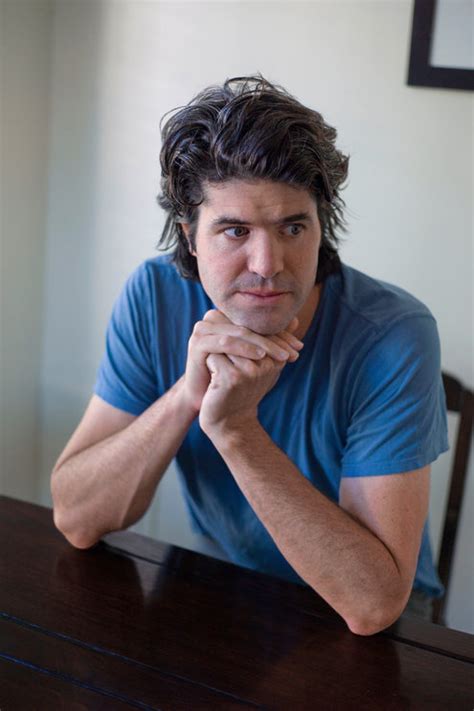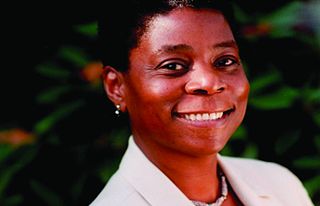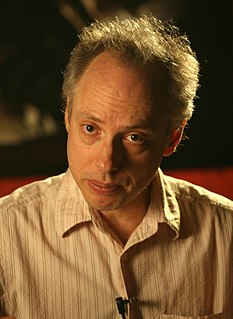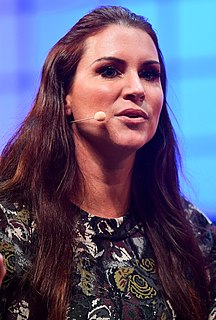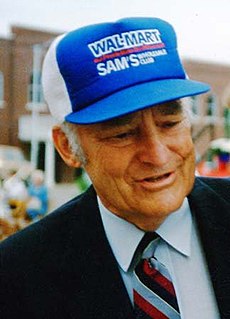A Quote by J. C. Chandor
I wrote 'All is Lost' while editing 'Margin Call'. I did that long before I knew if I was ever going to get to make another movie.
Related Quotes
Long time ago, people would make the Bible, right? The guy said it, somebody wrote it down. And then if you wanted another copy of it, another human being wrote another one. It took a long, long time. Somebody created this thing called mimeograph paper and so you said, 'OK, we'll do it that way.' And so you could get three of them.
I started off doing indie comics that I wrote and drew myself. I was doing those for ten years before I started to work for DC. The first book that I wrote for DC was for another artist. I did some backups in 'Adventure Comics' years ago starring The Atom. That's the first time that I ever wrote for another artist.
I call it "being interrupted by success." We had done The Soft Bulletin, which came out in 1999, and we knew we that were gonna make another record before too long. But in between this, we were still in this mode of kind of just - not re-creating what we could be, but kind of doing different things. For the longest time in the Flaming Lips we were like, "Make a record, go on tour. Come back, make another record," and you know, I think, frankly, we were kind of like, "There's more to life than just recording records and going on tour."
I put in all the dirty words. It works really well. The thing that we found with 'Drive Angry,' more than anything else is that we wrote the movie that we wanted to see. I've done that before. I've wanted to see 'Jason X'. It did not become the movie that I thought it would be. That happens. It's happened with every movie I've ever done.
I knew that's where I was going. I knew we were going to Italy. You couldn't make this movie in America at this price. I knew it was going to be big. I knew there was going to be a ship involved and that there was going to be a set as big as the ship. I thought, well, here we go. But I knew that was where he was headed. He had been going this way for some time. All directors, once they have some success, they want to spend a whole heck of a lot of money. (Something else can't hear.)
The woman who wrote the movie [Ladies And Gentlemen, The Fabulous Stains], her name is Nancy Dowd. She's a wonderful writer. She wrote Coming Home. And when I read the script, at that time, I thought, "This movie is going to do for girls what Breaking Away did for boys." I thought it was going to be huge. It was a great script.
I learned early on that one of the secrets to campus leadership was the simplest thing of all: speak to people coming down the sidewalk before they speak to you. I did that in college. I did it when I carried my papers. I would always look ahead and speak to the person coming toward me. If I knew them, I would call them by name, but even if I didn't I would still speak to them. Before long, I probably knew more students than anybody in the university, and they recognized me and considered me their friend.
